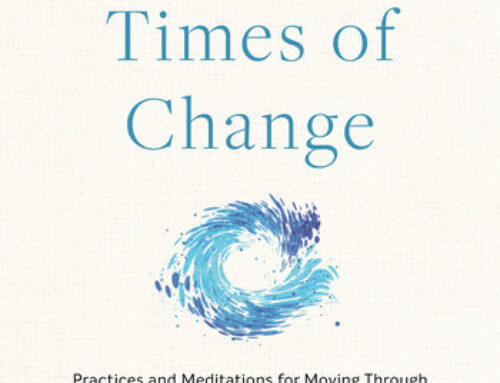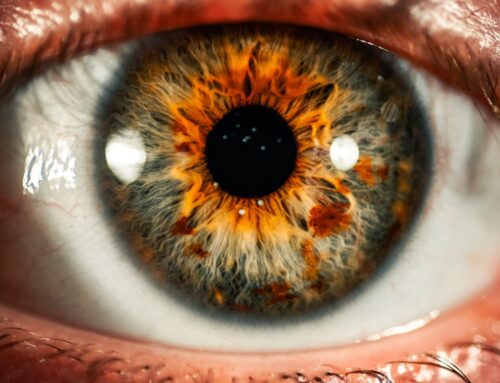 Self-care is a popular term these days. I believe the meaning has been watered-down or misinterpreted to the point that when we say ‘I’m going to take some time for some self-care’ it often implies a time-out perhaps for some solitude, rest or indulgence in something that we love or think is good for our health. But many (including myself) have experienced the dark side of this so-called ‘self-care’ movement. When self-care becomes another item on your list of things ‘to do’ or an added pressure or expectation in an unrelenting pursuit of better health, it can become the antithesis of self-care and I think we are missing the whole point of it.
Self-care is a popular term these days. I believe the meaning has been watered-down or misinterpreted to the point that when we say ‘I’m going to take some time for some self-care’ it often implies a time-out perhaps for some solitude, rest or indulgence in something that we love or think is good for our health. But many (including myself) have experienced the dark side of this so-called ‘self-care’ movement. When self-care becomes another item on your list of things ‘to do’ or an added pressure or expectation in an unrelenting pursuit of better health, it can become the antithesis of self-care and I think we are missing the whole point of it.
To me, self-care is more of an approach; a philosophy and a dynamic process, that guides your every moment and is constantly changing. Sure, self-care may include rest, solitude, stillness, social connection, laughter, physical activity, time in nature, music, play, dance, boundary setting, a difficult and honest conversation, a fun conversation, meditation, crying, a warm hug, silence, being sad, being angry, effort or service; but these activities aren’t ‘self-care activities’, they are just activities. Self-care is about when and how you choose or allow these and how you respect your own needs during the process.
This self-care process involves awareness, attention, self-reflection, insight, courage and action.
I do believe there is one consistent feature of self-care, and it is self-compassion. Self-compassion includes having a clear non-judgemental awareness of your needs and having the courage, kindness and love to meet those needs, including asking for support when needed.
In summary, I try to think of self-care as an ongoing process of self-compassion and way of life, and not a list of activities to check off.
(And for the record, self-care (redefined) and self-compassion are not selfish; rather, they are essential so you have the inner resources available when required to care for and serve others).
Stay tuned for more on self-compassion and check out Neff & Germer’s research!
**This post has been inspired by the research, reflection and writing for my chapter: Compassion in Pain Care in the textbook I have co-edited and co-authored with Neil Pearson and Marlysa Sullivan, along with numerous contributors:
“Yoga and Science in Pain Care: Treating the Person in Pain”
The book is now available to order from a variety of outlets.
More details and to order can be found: HERE
For more learning on Self-Care and Self-Compassion, please join me in this WEBINAR REPLAY on Embodia that includes guided self-care and self-compassion practices:
Practitioner Self-Care During Challenging Times
Register HERE





moving from actions to process. crucial.
Well said!
Well put, Shelly! Looking forward to your book:)
Hi Catherine! Thank you for reading. Yes, we’re indeed excited for the book; we trust it will be of great value for many! Thanks for the support.
Hope our paths cross again soon
thank you! very appropriate at this time in my life!! …. and looking forward to your book!!
Thanks for reading, Francoise. I’m glad you resonated with it. Yes, we’re looking forward to the book also. Lots of work yet to do — but stay tuned for release later in 2019
Thanks for this Shelly! I’m looking forward to the book, too!
Thanks for reading, Jen — and for your support and encouragement!
Thanks Shelly,
Most clients are overwhelmed already with schedule stress so you hit the nail on the head re adding “another activity”, in the practice of self care. When someone feels they are “not enough” they are driven into go-go-go mode and cannot simply be, and have self appreciation and compassion, so to allow them to experience that via a guided loving kindness mediation is to open a door to them to be present to themselves and all their fullness of being. Thank you for your reflection and teaching.
Great insights and said in such a beautiful and articulate way, Maureen. I agree whole heartedly. Thank you for reading this and sharing your words. Hope you are well and taking good care!
Awesome Shelly! I needed this today
Hi Heather! Thanks for reading. I’m glad it was helpful for you Take care
Take care
Your words ring true to my experience. Society markets many goods and services as ‘Taking care of yourself’, Care does not need to be purchased for our selves , I believe it begins with self compassion as you describe, and especially with learning to decide how and when we care for others , , including how to say no .
So well said, Kathy. I agree whole heartedly. Presence, awareness, insight and discernment in decision making for each situation are all part of ongoing self-compassion/’self-care’. Thank you for reading this and for sharing your wisdom.
I really appreciated this post! My experience with what I call “self care fatigue” comes from treating the body as a problem to be solved. If we treat ourselves with acceptance and deep compassion it shifts the narrative on it’s head. Most people don’t treat themselves with as much compassion as you would say…a child, or your pet etc. If you can use that as a frame of reference for how to treat yourself, it makes a HUGE difference. I don’t experience self care fatigue as much as I used to now. I also feel that when you find something that actually works (yoga!), it takes a lot of motivation at first, but once you deeply experience the benefits it becomes easier to motivate yourself.
Hi Helena,
Thanks for taking the time to read this and thank you for sharing your reflections, experience and wise words! I agree, continuously pathologizing ourselves and thinking we somehow need to be fixed; or that we just quite aren’t good enough can often do more harm than good.
I really like what you suggest about using another loved one as a frame of reference. I learned a similar technique from Kristin Neff: imagining what you would say to a loved one if they were in the same situation as you, and turn those words towards yourself. It’s a brilliant and profound practice indeed.
As always, thank you for sharing your insights!
Reading this again after one year, deeper understanding. Thanks Shelly.
Thank you for reading again and for taking the time to comment, Serena. I’m glad you found a deeper understanding.